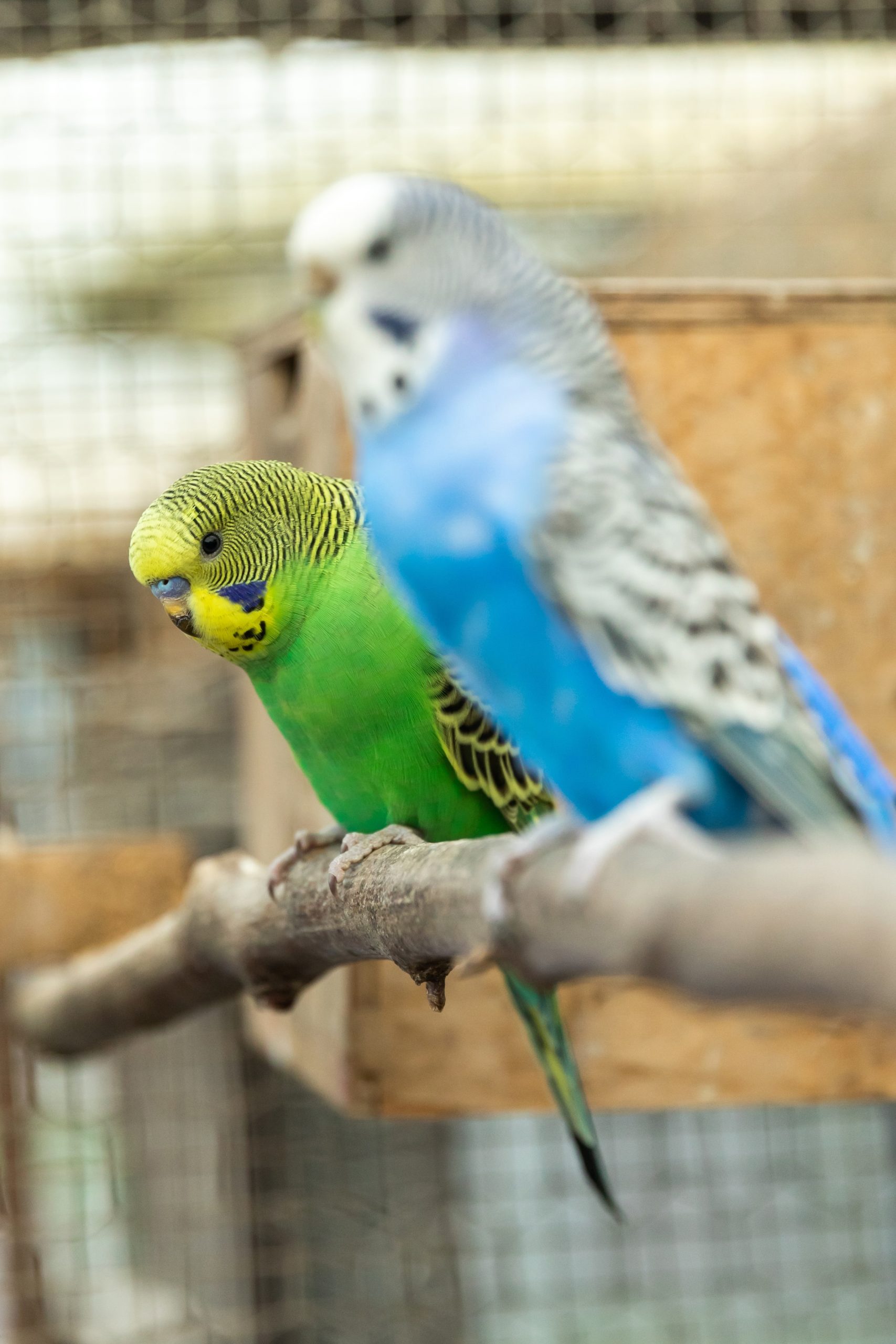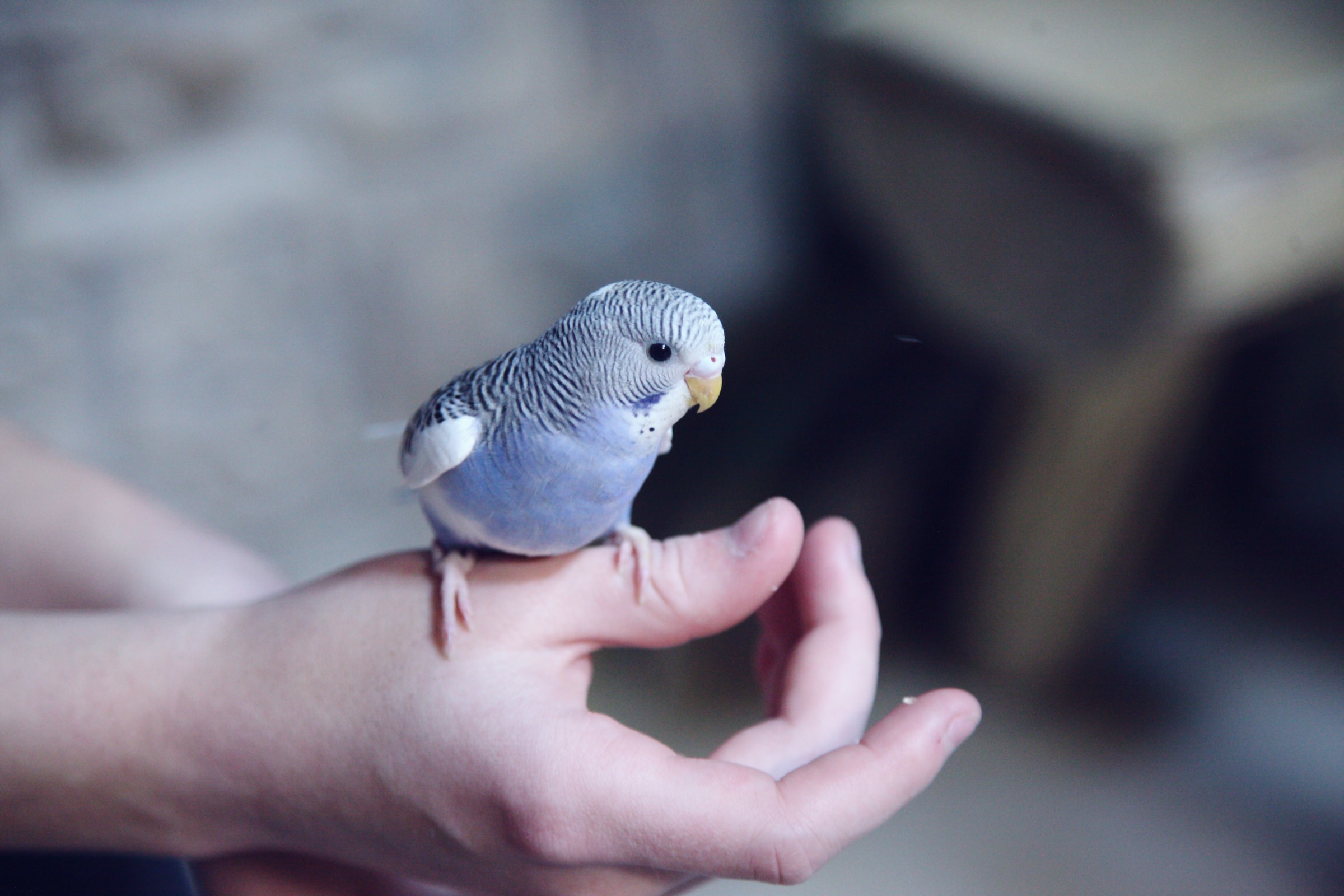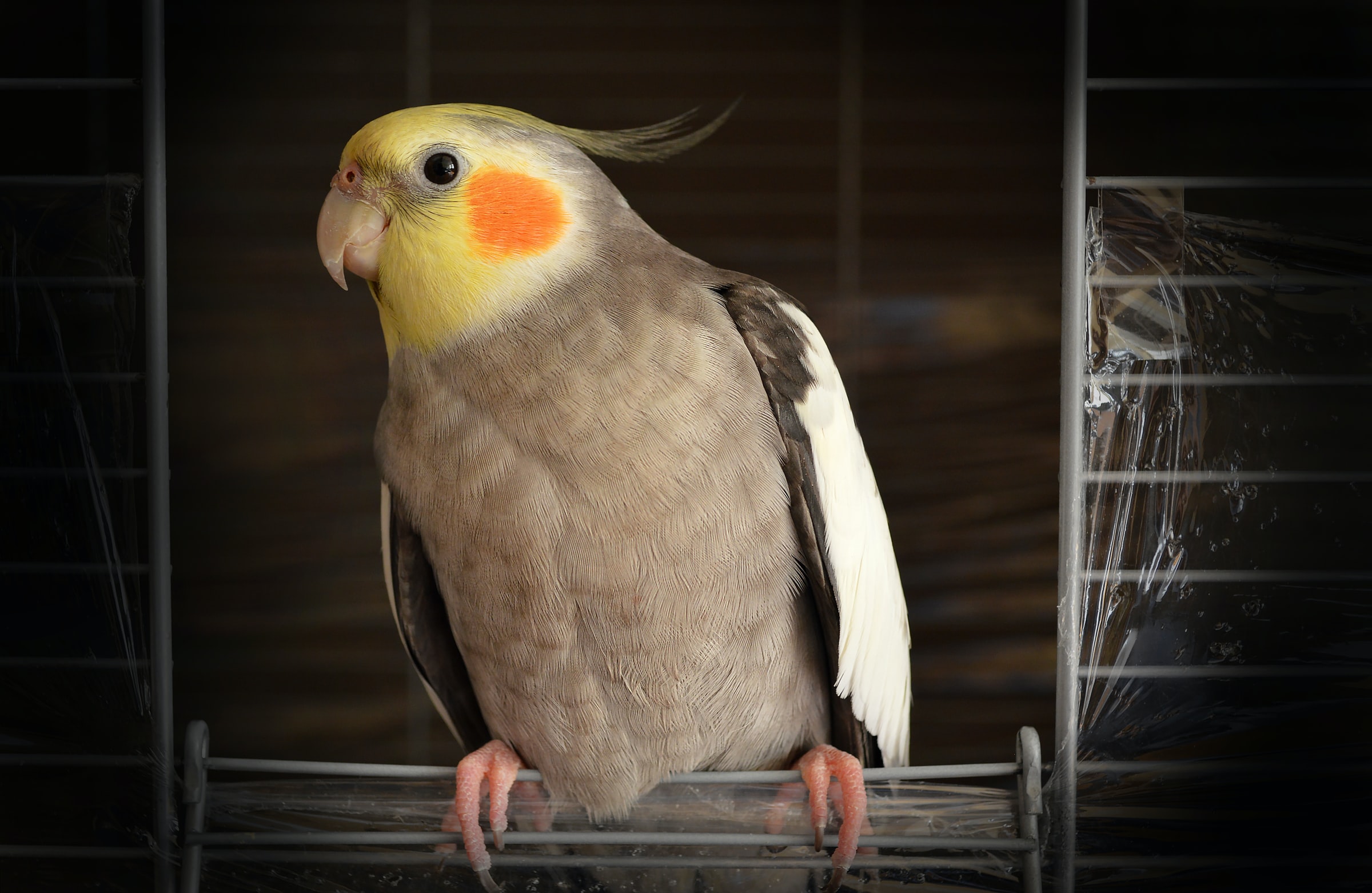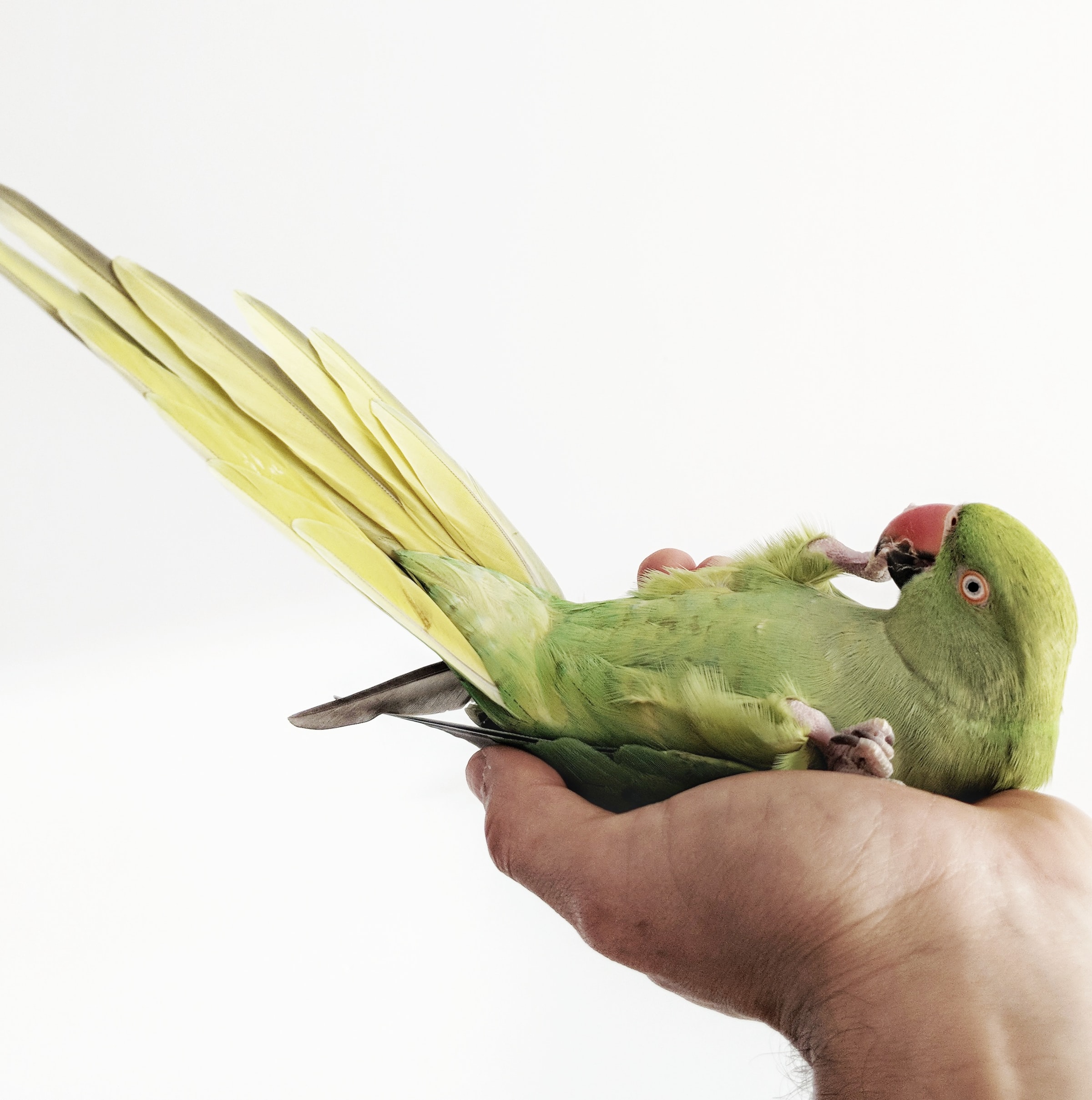
Having a pet bird is really amazing, and it is something that can bring joy to your life, especially if you are allergic to traditional house pets. But birds are pets aren’t for everybody; this is why you need to ask yourself seriously whether you like birds or not and if you can have them as house pets. So, without further ado, let’s dive into this blog and learn some of the things you ought to know about adopting a pet bird.
1. Are you sufficiently informed about bird species?

You need to be informed about the different species to adopt according to their behaviors and your character. This does not prevent you from learning more about your favorite bird from your veterinarian or pet shop. Don’t forget to welcome a young weaned bird and adopt it as soon as it is 3 months old for better socialization.
Some species of birds are illegally domesticated. For example, keeping a widow conure (collared parakeet) or a robin in captivity is absolutely illegal. Be careful with wild-caught birds that are still frightened by humans. Check that it is banded, which indicates that it comes from a nesting farm, easy to tame.
2. Are you allergic or asthmatic?
Not that you are allergic to the bird itself, but the allergens found in its feathers, dander, and droppings. If you are allergic to feathers or have severe asthma, it is strongly discouraged to have feathered animals. Frequent runny noses, red eyes, itching, sneezing, and dry coughing are all signs that you may be at risk. Consult your general practitioner or an allergist to be sure.
On the other hand, depending on the degree of your allergy, you can adopt a bird and reduce the risks by focusing on the hygiene of its environment:
-
- Cleaning the cage very regularly.
-
- Changing the litter every day.
-
- Bathing the birds to avoid the proliferation of dust mites and dust responsible for your respiratory problems.
3. Are you ready and available?

What you appreciate the most in your home is the quietness! Well, you missed it with a bird! It’s chirping, however happy it may be, should not pique your nerves. Moreover, you will have to vacuum quite often: feathers flying, a little litter thrown, droppings stuck to the bars of the cage. Nothing alarming, but some cleaning nonetheless! Your home should be well maintained, bright and soothing; otherwise, an unhappy pet bird is out of the question.
Their cage should be spacious and their environment pleasant for both of them. Keep young children away from the cage as they may frighten and stress the bird. Also, you need to consider a certain budget for food, care, and materials for the well-being of your bird, in addition to your regular availability. All lights are green? You wish to bring a harmonious sound to your home, you love animals above all, or you are a passionate ornithologist for garden birds… Don’t hesitate any longer!
4. Their diet adapted
Knowing your bird’s diet and feeding it only healthy foods is very important. Birds have several diets: granivores prefer seeds and sometimes insects. Frugivores feast on fruits and berries. Insectivores eat insects, slugs, spiders, berries, and some seeds. Seed mixes are perfectly suited and balanced for domestic birds, specially developed according to the breed of the animal. Add a few drops of vitamins to the water bowl to boost their vitality; think about millet clusters and educational treats.
5. Maintain perfect hygiene of its habitat

Bird droppings are plentiful, and the litter box in a cage fills up quickly. The bottom of the cage should therefore be kept clean with plant litter, aniseed sand, or sanded leaves. This hygienic comfort is much appreciated by the bird, which will be all the happier.
Allow them a freshwater bath and provide them with clean water every day. An environmentally friendly disinfectant is also sufficient to control dust mites and allergens by thoroughly cleaning all accessories once a week. As the bird’s body is fragile and sensitive, you effectively ward off diseases and help keep it in top shape for many years.
Sound off in the comments section below and tell us what you want to read next and if you want to read more about adopting a pet bird.






1 thought on “Top 5 Questions To Ask Yourself Before Getting a Pet Bird”